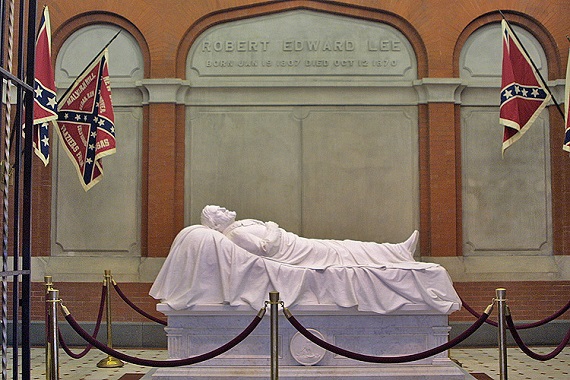
Pietas, the most Roman of virtues, referred to the duty owed to one’s country, parents, kin, and ancestors. It is from pietas that patriotism, not nationalism, springs forth. It is a virtue once esteemed by Americans, for once upon a time Americans were formed by classical learning, and most especially they were formed in their political and literary imaginations by the old Roman Republic.
This was doubly true for the South. Well into the twentieth century a student could gain admission into the University of South Carolina by translating selections of works by the ancient Greek and Roman authors. Education concerned itself not with professional training, but with becoming conversant in the great conversation of western civilization. Training in the professions followed the completion of one’s education. Tradition, understood as the handing down of the best that had been thought and said, was deeply embedded in the old classical view of education. Indeed, the duty to submit to tradition was a grave one. Such submission was a true act of filial piety toward one’s ancestors whose meticulous labor had preserved and built upon the edifices of the past from which we the living were both ennobled and enriched. It was once a conservative principle that no one individual or group had a right to judge tradition on their own authority. A tradition might be adjusted via a slow organic process through time, or some traditional practice might be altered that were in direct conflict with divine revelation or the natural law. Even then in those cases where tradition was found wanting it might take generations before the conflicts might be resolved.
More @ The Abbeville Institute

No comments:
Post a Comment